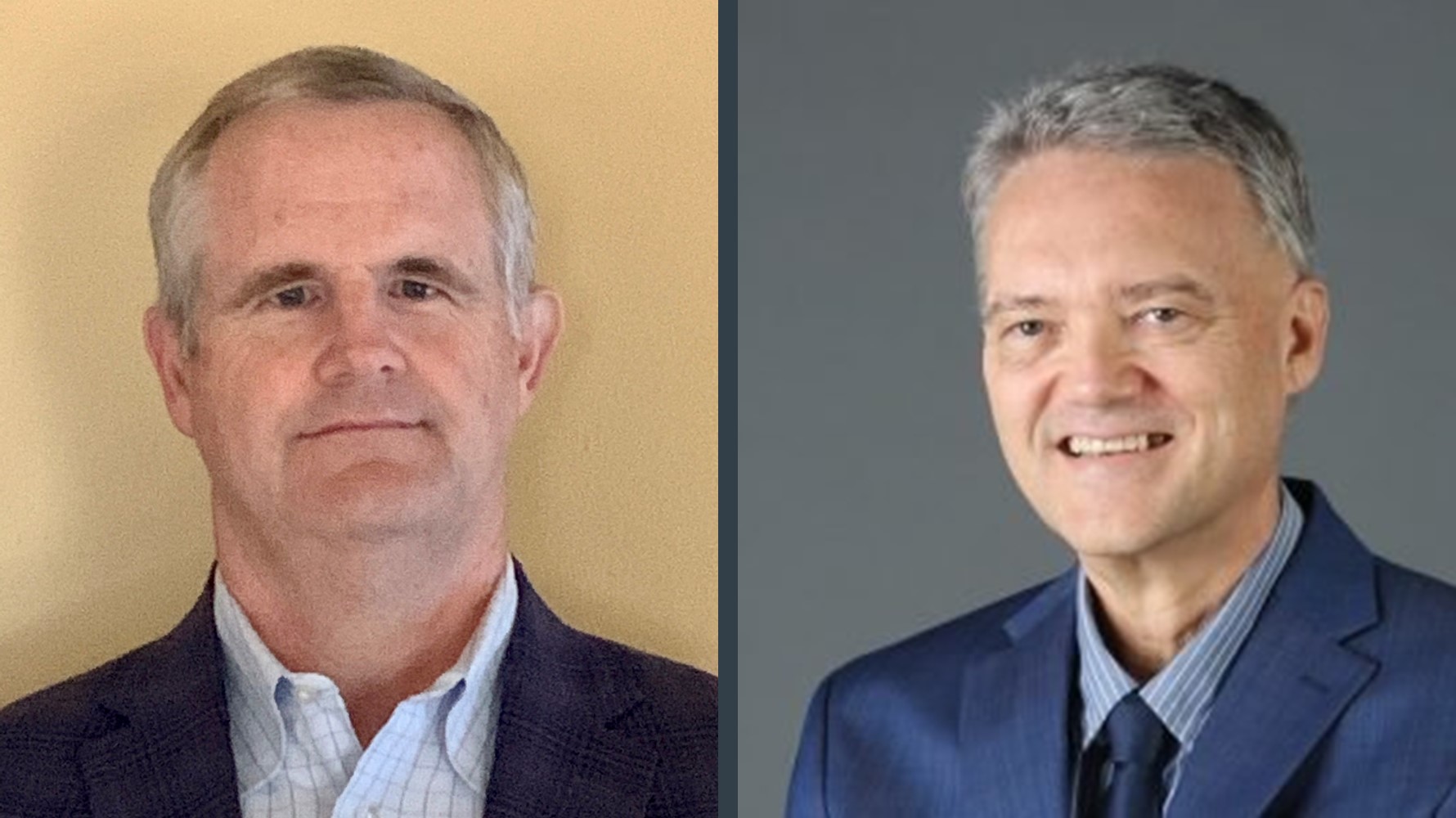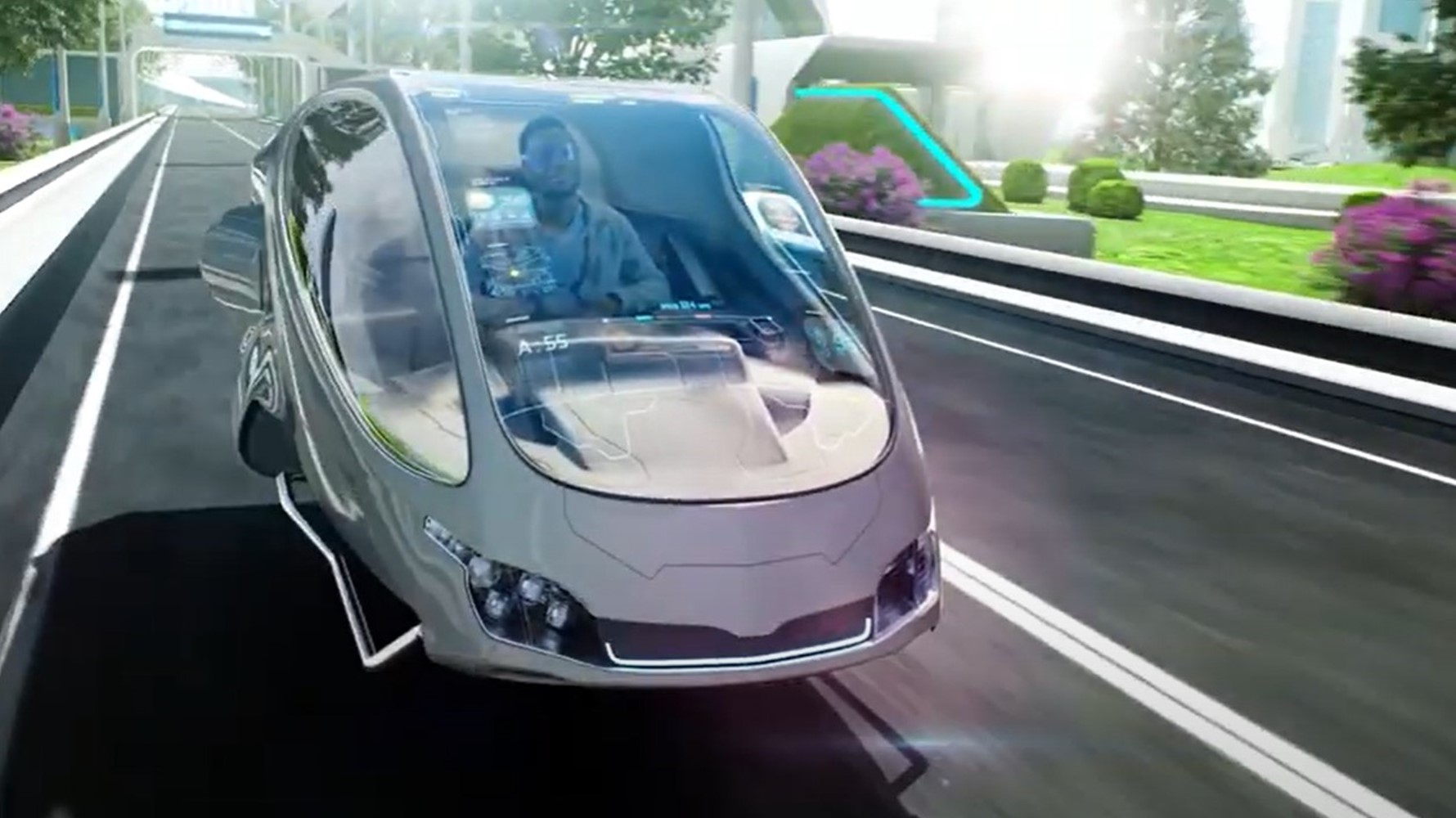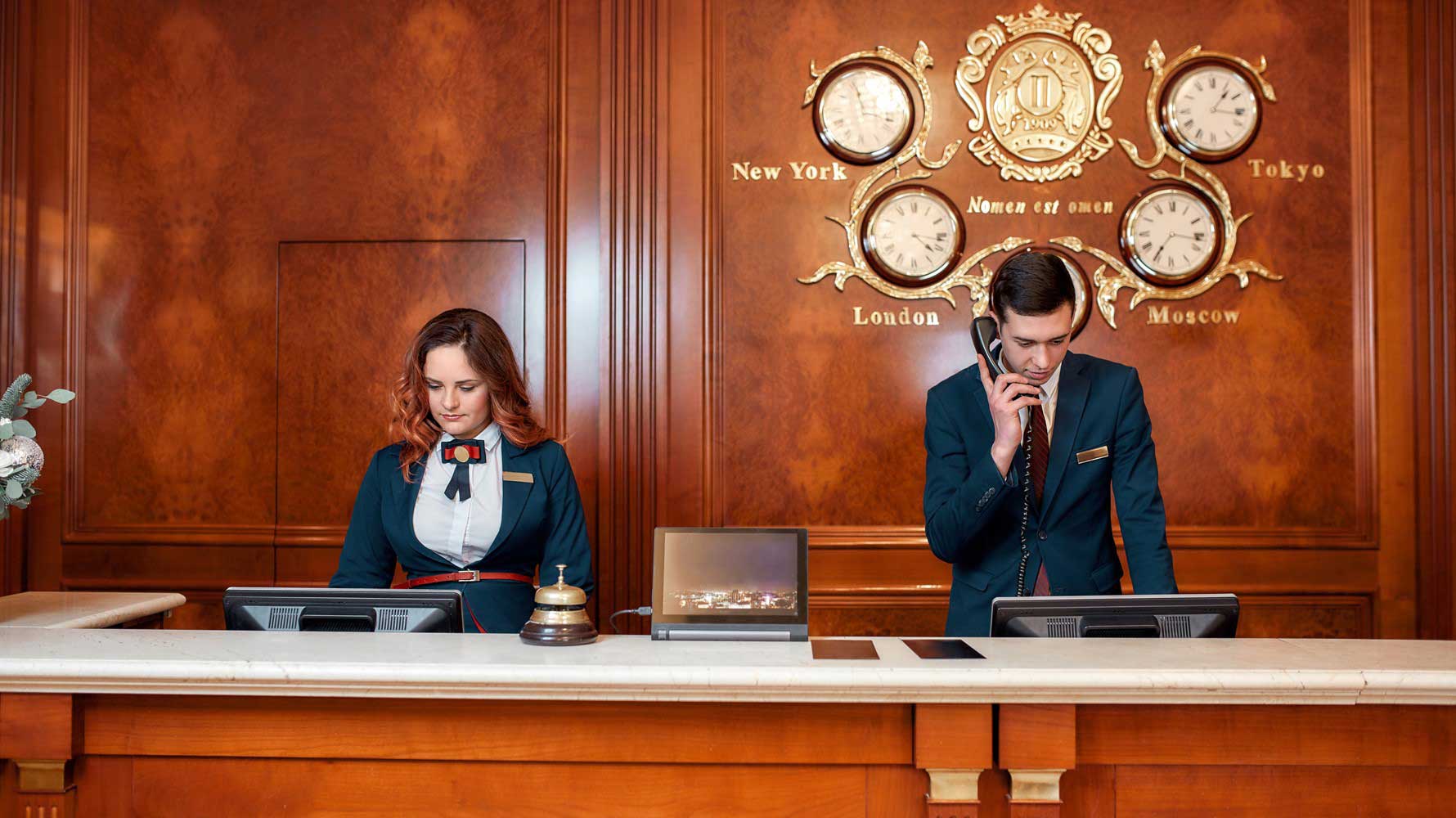Heat records, draught and forest fires this summer make it clear that we are living in a climate emergency and that massive, immediate and tangible action is needed to bring Tourism & Travel to Net Zero. The IPCCC (the UN climate scientist organization) confirmed in their 2022 report that in a ‘business as usual’ (BAU) scenario the world is heading for 3 degrees of warming by the end of the century.
We need to act now towards Net Zero if we want to avoid this catastrophic scenario.
Net Zero is a big goal but the good news is that it can be achieved by any type and size of organization. The solutions we need for a 1.5° future are available today. Those who want to read more can consult Project Drawdown, the top 100 solutions to meet the Paris accord targets.
In short, becoming Net Zero means reducing your carbon footprint to a maximum, preferably to zero by using less energy and by going 100% renewable for the energy that you use.
What cannot be reduced can be offset by buying quality carbon offset certificates.
What does that mean for a hotel operator like Radisson Hotel Group (+1000 hotels in over 100 countries), for a meeting planner, corporate client or business traveler?
First, you need to know that carbon footprints are expressed in Scope 1, 2 and 3 indicating where the carbon is generated and the sphere of influence of the company on that part of the footprint.
Scope 1 emissions are those generated onsite where your business generates its products or services. Scope 2 emissions are those from energy that is purchased. Scope 3 emissions are generated by a company's supply chain and products in service.
Each organization should take responsibility for each Scope, but most organizations have the majority of their footprint in Scope 3 – your supply chain, franchise partners, and transportation. In short: The places where you have the least control.
The good news is that your Scope 3 equals someone else’s Scope 1+2. So, transparency, consultation and cooperation can get you a long way. For example: for a meeting planner or a corporate client, the hotel location you choose for an event has a carbon footprint. For the planner or corporation, this is Scope 3; for the hotel – let’s assume it is one of the 9 Radisson brands – it is our Scope 1+2 (1).
So, the important element is to ask your suppliers (like Radisson) what they are doing to reduce their carbon footprint. For all meetings at Radisson Hotel Group properties, we make it easy with our 100% carbon neutral Radisson Meetings. Since 2019, we’ve been reducing and fully offsetting the footprint of all meetings held at our hotels worldwide at no cost to our customers. This gives them peace of mind. We track the footprint, reduce it and offset the remainder in verified projects.
If you look at Scope 3 for an event, the main elements will be transportation of your employees, flights and train rides to the event. Obviously, train rides or public transport have a much lower carbon footprint than flights.
All services and products linked to an event, make up the event’s carbon footprint. So, it’s essential to choose the right partners: venues, hotel groups, airlines, transportation providers, etc.
Radisson Hotel Group (RHG) has committed to Net Zero by 2050, which means halving our footprint by 2030 as an intermediate target. The key steps to achieve these ambitious targets are:
- Increasing energy efficiency of our buildings: Building on the excellent efficiency gains of 30% in the past 10 years, invest and achieve more. We are on track to certify an increasing number of hotels on green building certificates.
- Switching to renewable energy: We have developed a tailored playbook for key markets around the world and are implementing renewable energy installation and purchasing strategies.
- Engaging our staff and hotel building owners in the journey:
Since only 6% of our hotels are in our Scope 1+2 with investment decisions controlled by RHG, we need to engage our staff, clients and hotel owners, our key partners, in awareness and energy reduction actions. To engage hotels in our network and in the hotel industry, even those who are at the starting point of their sustainability journey, the hotel industry has defined Hotel Sustainability Basics (HSB) – a common set of sustainability criteria to help them get started on essential actions for Planet and People. HSB is defined ‘by the industry for the industry’ under the leadership of the World Travel & Tourism Council, is being adopted by thousands of hotels, and is becoming the standard of reference for hotels and clients alike.
Net Zero may sound daunting, but it is a necessary and achievable target. The important thing is to get started. After all, as philosopher Lao Tzu taught us: “The journey of a thousand miles begins with one step".









